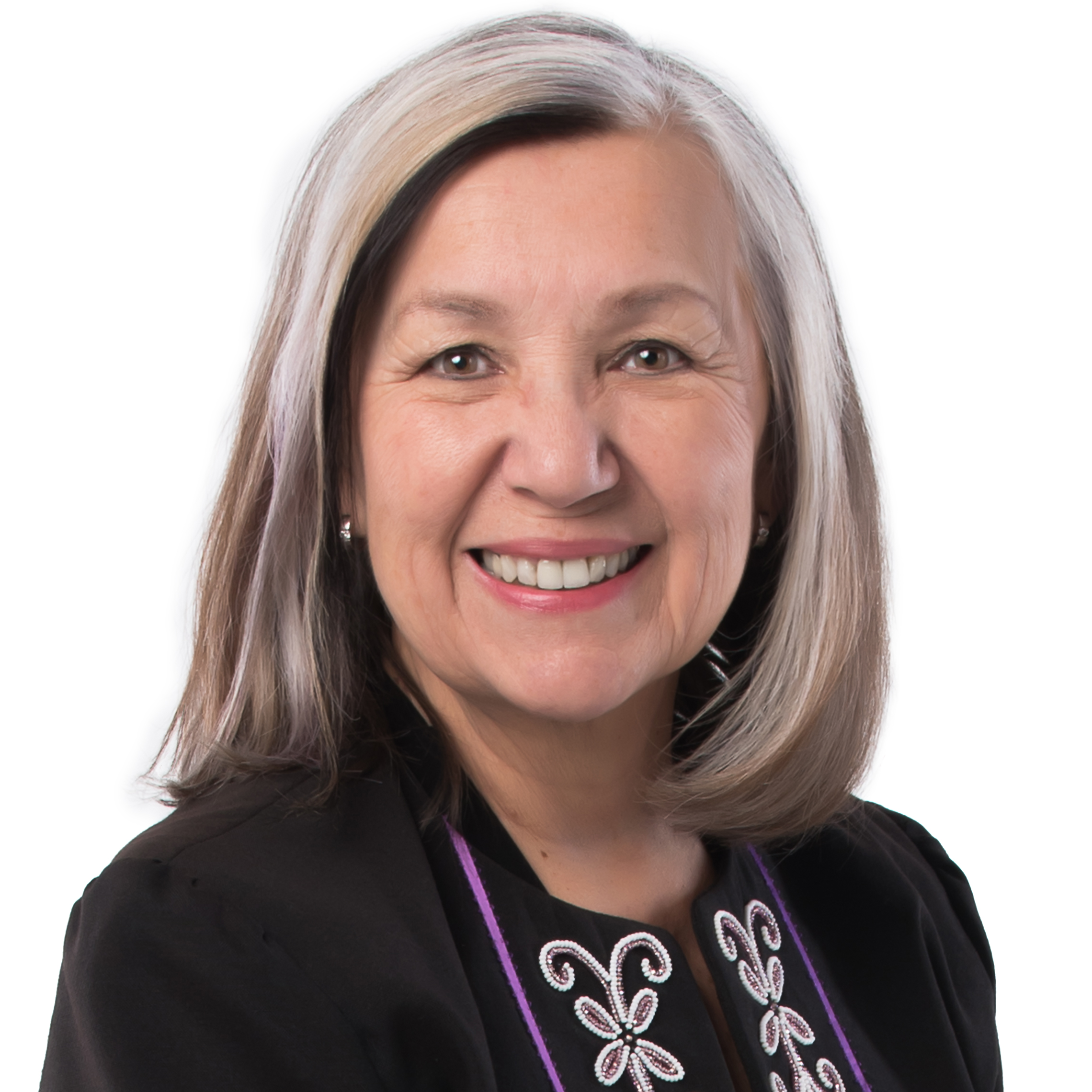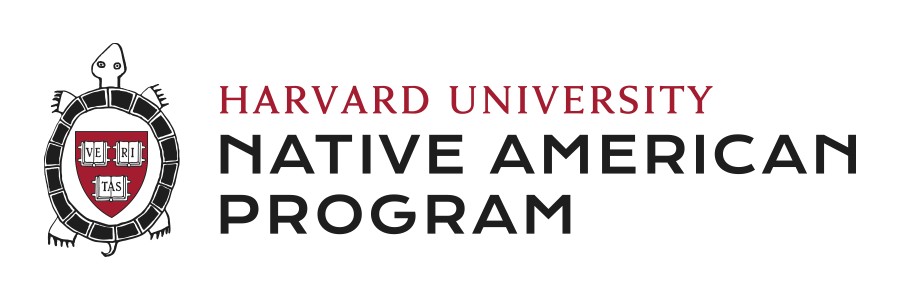Leaders in Education: Voices from Harvard's American Indian Program
Date and Time
Location
A video recording is now for available for the public to learn more about the early days of the American Indian Program at Harvard.
Event Panelists:
Moderated by Kemeyawi Wahpepah

Kemeyawi Wahpepah (Kickapoo/Sac & Fox) is a Harvard college alum ('09), middle school humanities teacher, and current PhD student at the Harvard Graduate School of Education.
Marie A. Battiste

Marie Battiste is a Mi’kmaq scholar, Emerita Professor from the University of Saskatchewan, an Honorary Officer of the Order of Canada, and a 2019-2023 Fellow of Pierre Elliott Trudeau Foundation. Relevant publications include Decolonizing Education: Nourishing the Learning Spirit (Purich Press, 2013) and Protecting Indigenous Knowledge and Heritage: A Global Challenge (Purich Press/UBC Press, 2000), and several edited collections, Visioning Mi’kmaw Humanities: Indigenizing the Academy (2016), Reclaiming Indigenous Voice and Vision (2000).
Daniel Honahni

Daniel Honahni is a graduate of Tuba City High School. He served in the US Military after graduation and became Secretary of BIA Land Operations. As Comptroller of the Hopi Tribe he developed the Hopi Department of Education, then went on to serve as monitor of a BIA contract with Abt Associates in Cambridge, Massachusetts supporting a national study on the status of Indian Education in the United States, which became part of the U.S. Congressional report titled “Indian Education: A National Tragedy”. This work gave him the experience needed to be accepted into the Harvard Graduate School of Education. As a full-time graduate student at Harvard University, he served as a Student Cabinet Representative and as a Teaching Fellow. Upon graduating from Harvard in June 1971, he served as Executive Director of the NECESSITIES Foundation, developing cultural curriculum with funding from the BIA. Soon after he became Director of the Division of Special Projects for the Southwest Cooperative Education Laboratory (SWCEL), setting a pathway to employment at the University of New Mexico (UNM).
Daniel served as Associate Professor in the Department of Elementary Education at UNM and co-directed The Pueblo Teacher Education Program for all 19 Pueblo Tribes, which received national recognition and resulted in 310 teacher aides earning their Credentials. He was also recommended and served as Chair of the National Indian Health Committee, tasked with expanding emphasis on Diabetes treatments. In 1980, Daniel became President of the College of Ganado, successfully attaining North Central Accreditation and qualifications for membership in the Association of Indian Higher Education Consortium. After leaving the College of Ganado, he owned and operated a successful private business and served on the Hopi Tribal Council. He then served as the Hopi Tribal Operations Officer and Hopi tribal representative on the Arizona Commission on Indian Affairs, where he served as President. Daniel became President/CEO of Moenkopi Developers Corporation, and returned to consulting work prior to serving as Staff Assistant to the Hopi Tribal Executive Director. Daniel retired in September 2018 after being promoted and serving as the Hopi Tribal Executive Director.
Wayne Newell

Wayne Newell makes things happen. As an educational activist and scholar of Native traditions, Wayne has been involved in politics, education, economic development and language revitalization among the Passamaquoddy over the last four decades. Growing up at Indian Township, the Passamaquoddy Reservation near Princeton, Maine, Wayne was raised to be proud of his people and his culture and was taught his Passamaquoddy language. His great-grandfather was Lewis Mitchell, a Tribal Representative to the Maine State Legislature who gave a stirring, historic speech about Passamaquoddy rights in 1887. Following in the footsteps of these two remarkable people, Wayne has worked tirelessly to create economic and political opportunities, and keep Native languages and cultural traditions alive for Passamaquoddy and other Native peoples. Wayne was educated at Harvard University and was one of the fi rst Passamaquoddy people to go to college. Later, he was a Wabanaki delegate to the First Eastern Indian Conference in Washington, DC. He became the president of the Northeastern Blueberry Company, a very successful Passamaquoddy business, and fought for Wabanaki rights during the 1980 Maine Land Claims Settlement Case. Today, he is the Passamaquoddy Native Language and Culture Coordinator and speaks all around the United States and other countries about his work. His latest efforts convinced the Maine Department of Education to certify teachers of Wabanaki languages, so that Wabanaki students today can learn to speak their Native languages in the classroom. Wayne was appointed by President Carter and President Obama to the National Advisory Council on Indian Education (NACIE) and served as the first Native American in Maine appointed to the Board of Trustees for the University of Maine System.
Della Warrior

Della Warrior has over 40 years of experience in management, tribal government, education, planning and evaluation, resource development, facility planning, fundraising and economic development. She presently is the Executive Director of the Museum of Indian Arts and Culture in Santa Fe, New Mexico. A position she has held since June 2013. Prior to that she served as a consultant for the Yocha Dehe Wintun Nation on the development of a tribally controlled tribal college in California. Prior to that Ms. Warrior served as Chief Operating Officer for the Yocha Dehe Wintun Nation from March 2008 through April 2010.
Warrior is the former president of the Institute of American Indian Arts (IAIA). She is credited with the leadership of moving the campus out of World War II barracks, building a new campus, restoring federal funding, getting the college off of academic probation, establishing new degree programs and attaining 10-year accreditation. Warrior was also the first female chairman of her tribe, the Otoe-Missouria Tribe in north-central Oklahoma. Some of her other positions include general manager, Ponca Tribal Gaming Enterprise; grants and compliance officer, Pawnee Nation; director of development, IAIA; director of education, Albuquerque Public Schools; and resource specialist for the Tulsa Urban Indian Health Resource Center.
Her consulting experience has also included assisting the Ford Foundation in the establishment of the national Native Arts and Cultural Foundation, resource development for the Moenkopi Development Corp., resource development for the Santa Fe Indian School, board training and planning for Yocha-Dehe Wintun Academy, and strategic planning for the Yocha Dehe Wintun Nation.
Warrior served a six-year term as a trustee for the Smithsonian Institute's National Museum of the American Indian in Washington, D.C. In addition, she has served on the board of the American Indian Higher Education Consortium and the American Indian College Fund. She was nominated by President Bush to the White House Initiative on Tribal Colleges and Universities. She also served as Board Chair for the Earth Circle Foundation, which sponsors "Wings of America," a Native youth running program. Ms. Warrior is a founding member of the Multi-cultural Intermediary for Collaborative Action. She presently serves on this Board.
Warrior received an undergraduate degree in sociology with minors in business administration and psychology from Northeastern State University in Tahlequah, Oklahoma. She obtained a master's degree in education from Harvard University in Cambridge, Massachusetts, and has completed more than 40 hours toward a doctoral degree.
Dr. Robert Matthai

Dr. Robert A. Matthai graduated from the University of California/Riverside with a B.A. in history and a minor in cultural anthropology and the social sciences. He was a National Merit Scholar and president of the graduating class of 1963.
His interest in other cultures led him to serve from 1963 to 1965 as a Peace Corps Volunteer in Ethiopia, where he taught science at high school and university extension, and psychology at university. While working at the United Nations Economic Commission for Africa he created materials used throughout the continent to recruit staff for the newly-formed African Development Bank.
In 1965 he enrolled at the Harvard Graduate School of Education (HGSE) where he held several teaching fellowships and research assistantships. As assistant director of HGSE’s Office of Field Activities he placed several HGSE students in teaching internships in Native American schools; created one of the first national databases on the effects of busing Black urban students to suburban schools; and worked with Harvard University Extension to establish an Extension branch in Roxbury, Boston’s Black community. He also consulted with the Peace Corps in developing and implementing cross-cultural sensitivity training programs for Volunteers. As president of the Harvard chapter of Phi Delta Kappa, the national honorary society for educators, he proposed that the national organization open its membership to women, which finally came to pass after two years of debate.
Because of his familiarity and experience with Native American cultures and HGSE’s administrative and budgeting processes, in early 1970 he was chosen to respond to the US Office of Economic Opportunity’s invitation to start a graduate-level training program for Native American educators. In April 1970 the American Indian Program (AIP) was formally established and recruitment began for the first group of eleven Native American students to enter HGSE for the 1970-71 school year.
Although the AIP was a graduate education program and not an ethnic studies program, Matthai believed that the effort should be directed by a Native American, and accepted the AIP directorship on the condition that a Native American replacement would eventually be hired. William Demmert, a member of the first group of AIP students, stayed on at HGSE to pursue a doctoral degree and was appointed the second director of the AIP in 1971. In 1990 the AIP was expanded to include Native American students throughout Harvard’s various schools, and became the Harvard University Native American Program (HUNAP).
Matthai went on to resume and complete his own doctoral research in developmental psychology and worked as curator, director and consultant for numerous museums, educational institutions and government agencies, where he continued his cross-cultural interests and involvements.
Now retired, Dr. Matthai is currently preparing a brief history of the early years of the American Indian Program. He invites others to share with him any relevant information, published materials, photos, etc. they might have; he can be reached at rmatthai@sbcglobal.net


